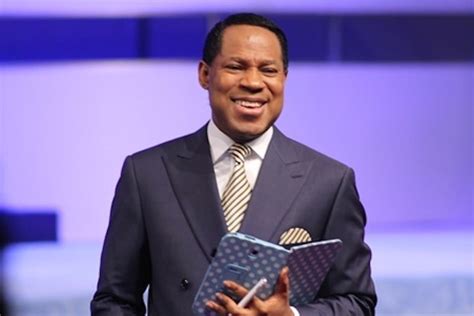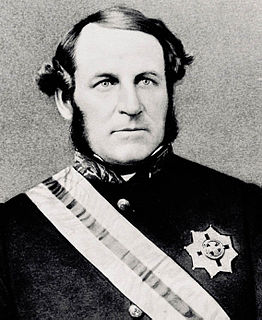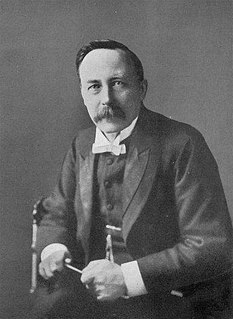A Quote by C. S. Lewis
Man approaches God most nearly when he is in one sense least like God. For what can be more unlike than fullness and need, sovereignty and humility, righteousness and penitence, limitless power and a cry for help?
Related Quotes
When the Holy Spirit comes to live within you, He will come with the ability to produce righteousness. Righteousness is the nature of God, which when imparted to the human spirit, produces the rightness of God in the human spirit. It gives man right standing with God; it gives him the ability to stand in the presence of God without a sense of guilt, inferiority or condemnation. It means rightness in God. The righteousness of God is wrought in you.
Although the sovereignty of God is universal and absolute, it is not the sovereignty of blind power. It is coupled with infinite wisdom, holiness and love. And this doctrine, when properly understood, is a most comforting and reassuring one. Who would not prefer to have his affairs in the hands of a God of infinite power, wisdom, holiness and love, rather than to have them left to fate, or chance, or irrevocable natural law, or to short-sighted and perverted self? Those who reject God's sovereignty should consider what alternatives they have left.
There is no attribute of God more comforting to His children than the doctrine of Divine Sovereignty. Under the most adverse circumstances, in the most severe troubles, they believe that Sovereignty hath ordained their afflictions, that Sovereignty overrules them, and that Sovereignty will sanctify them all.
The trouble is that we do not have the power of God in a full manifestation because of our finite thoughts, but as we go on and let God have His way, there is no limit to what our limitless God will do in response to a limitless faith. But you will never get anywhere except you are in constant pursuit of all the power of God.
Whatever hinders us from receiving a blessing that God is willing to bestow upon us is not humility, but the mockery of it. A genuine humility will ever feel the need of the largest measures of grace, and will be perfected just in the degree in which that grace is bestowed. The truly humble man will seek to be filled with all the fullness of God, knowing that when so ?lled there is not the slightest place for pride or for self.
I think, that a man never passes the verge of moral humility, till self-righteousness be dethroned, till the high and towering imaginations of the man's own righteousness by the law be levelled by the mighty weapons of the gospel, and he brought to submit to the righteousness of God for justification, which is, in the gospel revealed 'from faith to faith.'
the way in which a faith community shapes language about God implicity represents what it takes to be the highest good, the profoundest truth, the most appealing beauty. ... While officially it is rightly and consistently said that God is spirit and so beyond identification with either male or female sex, yet the daily language of preaching, worship, catechesis, and instruction conveys a different message: God is male, or at least more like a man than a woman, or at least more fittingly addressed as male than as female.
Yet, after all, faith is not our righteousness. It is accounted to us in order to righteousness (Rom 4:5, GREEK), but not as righteousness; for in that case it would be a work like any other doing of man, and as such would be incompatible with the righteousness of the Son of God; the righteousness which is by faith. Faith connects us with the righteousness, and is therefore totally distinct from it. To confound the one with the other is to subvert the whole gospel of the grace of God. Our act of faith must ever be a separate thing from that which we believe.
Our great need is not ardour to save man but courage to face God - courage to face God with our soul as it is, and with our Saviour as He is; to face God always thus, and so to win the power which saves and services man more than any other power can. We can never fully say "My brother!" till we have heartily said "My God!", and we can never heartily say "My God!" till we have humbly said "My Guilt!" That is the root of moral reality, of personal religion.
In the case of man, righteousness is adjustment to God, and an articulation with man based upon that adjustment. Are you a righteous man? Am I a righteous man? Are you righteous? Then, if so, wherein does your righteousness consist? That your whole life is adjusted to God, and is moulded by that adjustment. This is righteousness.
Churchgoers feel righteous, responsible, and obedient to God's will. They view anyone unlike themselves as devoid of values, and therefore unworthy of God's love. By denying God to all those who have strayed from the path of righteousness, the devout are unwittingly taking on themselves a role that belongs only to God.





































